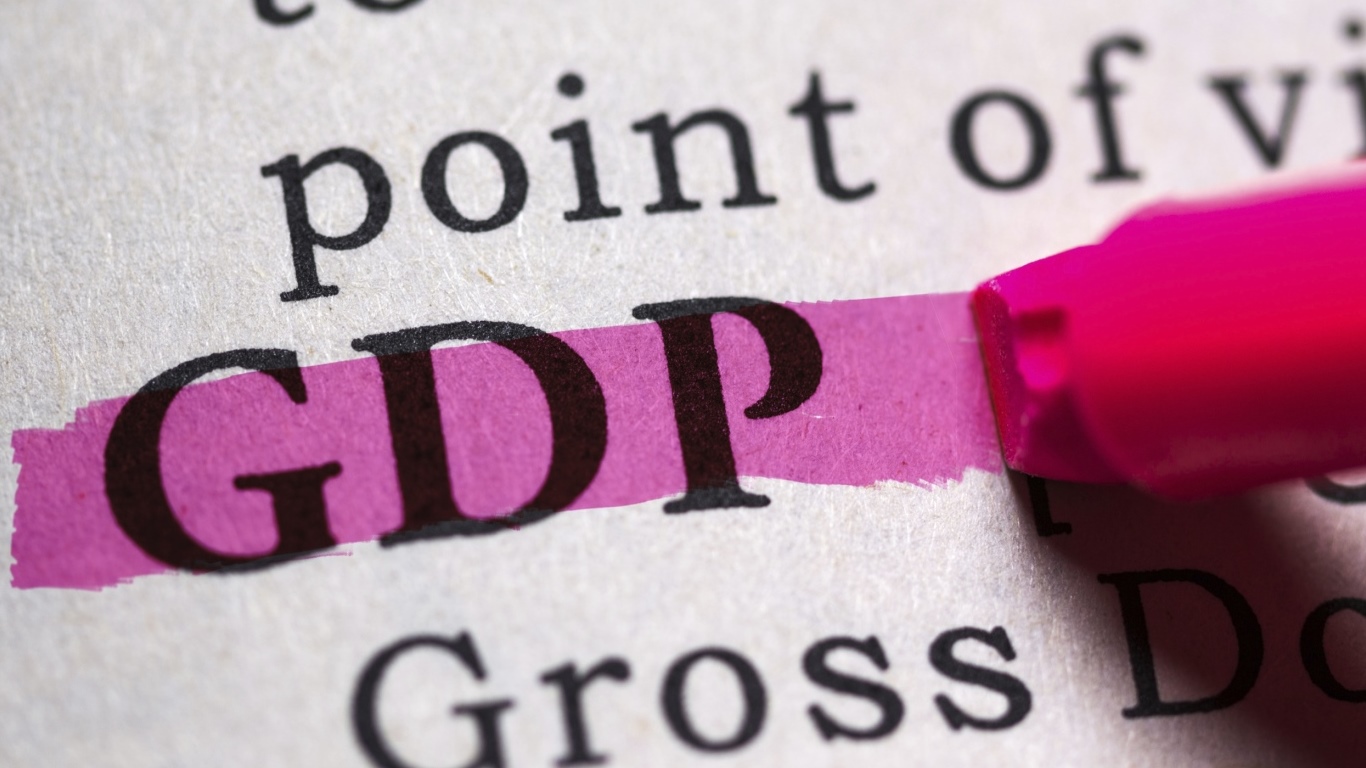
A new survey by the National Association of Business Economists (NABE) reveals that three-fourths of the NABE’s policy panel expect the U.S. economy to go into recession by the end of 2021. Nearly as many say they think that the Federal Reserve’s monetary policy is “about right” and that the 2% inflation target should be maintained.
U.S. fiscal policy is expected to generate a deficit equal to 4% of gross domestic product (GDP) this year, and some 85% of economists surveyed believe the current taxing and spending policies are likely to increase the deficit, compared to the Congressional Budget Office’s current 10-year baseline forecast. The 2018 federal deficit equaled 3.85% of U.S. GDP.
A contrary opinion was offered last weekend when Warren Buffett released his annual letter to shareholders of Berkshire Hathaway with a comment about those who “preach doom” because of federal budget deficits. Admitting that he was once a doomsayer, Buffett noted since 1942 the federal deficit has increased by 40,000%. The result: total U.S. household wealth has reached $108 trillion, according to an estimate from the Federal Reserve. In other words, the federal deficit has little to no impact on growth.
When asked how to bring the deficit under control, the economists were more split. Greater spending restraint (57%), increased tax revenues (53%) and policies to stimulate stronger growth (47%) were the top choices. Exactly half support a broad-based carbon tax and nearly as many (48%) favor broadening the tax base for individuals, corporations or for both. Less than a quarter (24%) support raising Social Security and Medicare contributions, and just 20% suggest enacting a national sales or value-added tax.
The NABE survey and U.S. markets take different views regarding the Federal Reserve’s interest rate policy, according to NABE survey chair Megan Greene. Markets expect no further rate hikes this year, while the NABE panel continues to expect one or even two more hikes in 2019. The survey also revealed that while markets blame higher borrowing costs on Fed tightening, the NABE panel was “inconclusive regarding the impact of shrinking the Fed’s balance sheet on short- and long-term rates.”
Just 10% of economists included in the NABE survey expect a U.S. recession this year, compared to 40% who expect a recession in 2020 and 25% who think it will come in 2021. More than half (57%) expect the economy to continue to benefit from the rollback of government regulations of the Trump administration. Most of those (44%) don’t think the benefits will be as substantial as in the first half of Trump’s presidency, and only 13% expect the benefits to be more sizable. A full quarter believes the deregulation efforts will hurt the economy.
On the domestic policy front, more than three-quarters (78%) of the NABE economists’ panel do not believe illegal immigration at the U.S. border with Mexico is a crisis. Nearly the same percentage (79%) do not favor the president’s plan to spend $5.7 billion to build a barrier along that border. The NABE economists prefer expanding both the high-skill (78%) and low-skill (69%) visa programs, while 41% support more spending on border enforcement and 11% want more money spent on deportation.
The NABE panel was also asked its opinion of a 70% tax rate on incomes of more than $10 million. About two-fifths (42%) say this would have a net negative effect on the U.S. economy while 33% said the impact could be positive or negative depending on how the additional revenue is spent. Only 17% believe the proposed 70% tax rate would have a net positive effect and 6% think the higher rate would be net neutral.
When polled about whether and how the United States should combat climate change, a full 75% believe that some action is required. A revenue-neutral carbon tax gets the most support (41% were “very supportive”) and 33% were “very supportive” of tougher regulations on emissions.
The current tariff wars, if they continue, will cost U.S. GDP growth 0.25% in 2019, according to 36% of the NABE panel. More than a quarter (26%) say it will cost GDP growth 0.5%, while another 15% expect a larger drag on growth. Tariffs on automobiles are a net negative, according to 86% of NABE economists, although those who think the impact would be consequential (44%) and those who say it would be inconsequential (42%) are evenly split.
About half of the NABE panel expects global economic growth to slow down from an estimated 3.5% to 4.0% in 2018 to a range of 3.0% to 3.5% in 2019. Nearly a third (31%) expect global growth to fall to a range of 3.0% to 3.25% while 22% see growth at 3.25% to 3.49%. A full quarter expects global economic growth to fall below 3.0% this year while just 12% expect growth to top 3.5%.
The full NABE Economic Policy Survey is available here.
Thank you for reading! Have some feedback for us?
Contact the 24/7 Wall St. editorial team.




